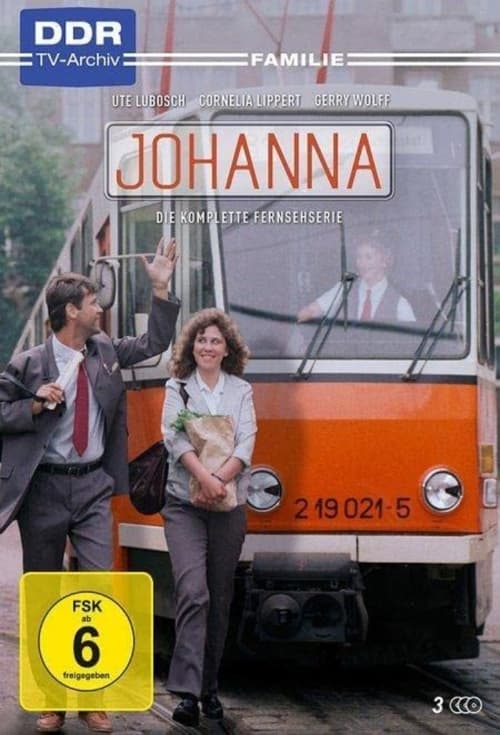The Best TV Shows on DFF 1
Every DFF 1 Show Ranked From Best To Worst
Check out the most acclaimed shows on DFF 1, with a catalog of over 20 series updated for January 2026. DFF 1’s extensive portfolio includes more than 20 shows, spanning the years from 1959 to 1989. Blaulicht and A, B oder C represent the pinnacle of DFF 1’s programming, launching in 1959 and 1961.
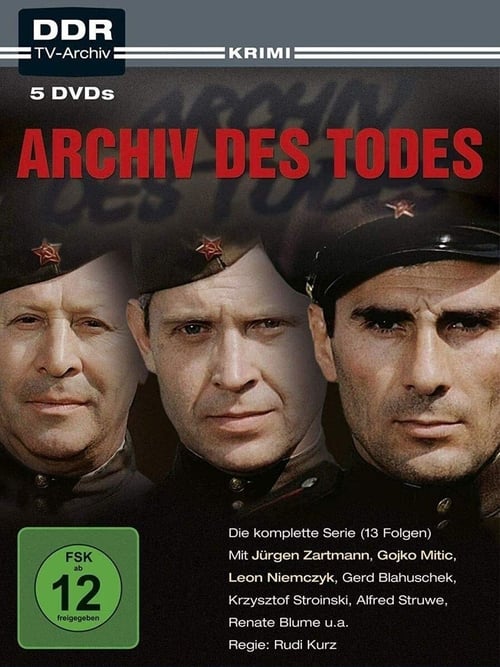 Archiv des Todes (1980)8.5
Archiv des Todes (1980)8.5Archiv des Todes is a 1980 13-part television series German war television film series set during World War II.
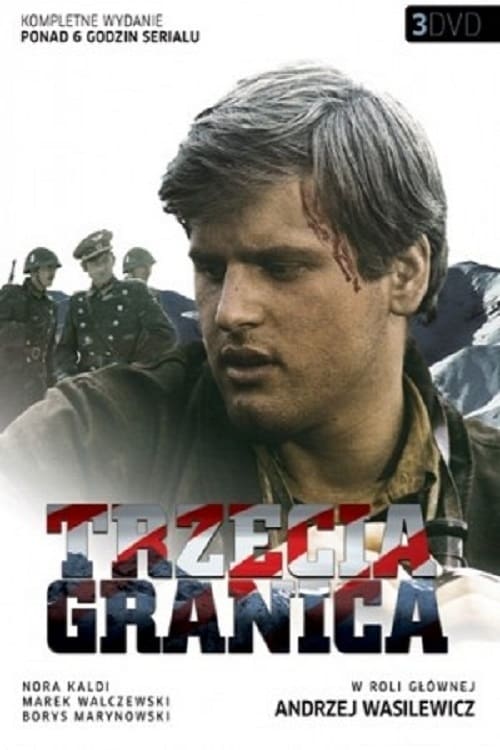 Trzecia granica (1976)8.0
Trzecia granica (1976)8.0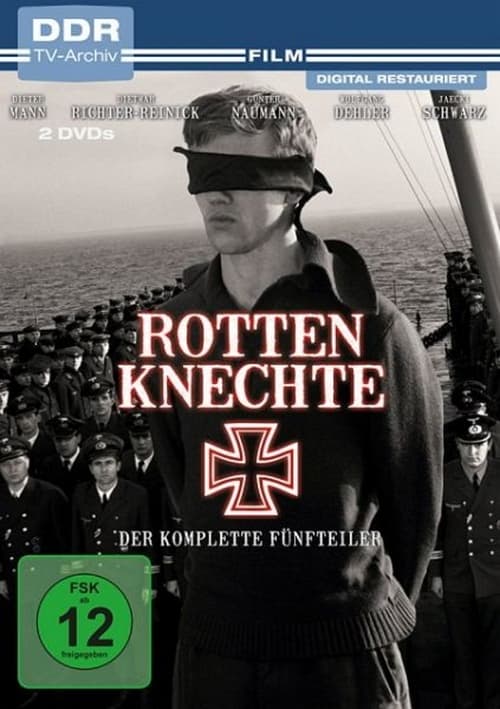 Rottenknechte (1971)7.0
Rottenknechte (1971)7.0The film concentrates on the last days of the German navy during World War II.
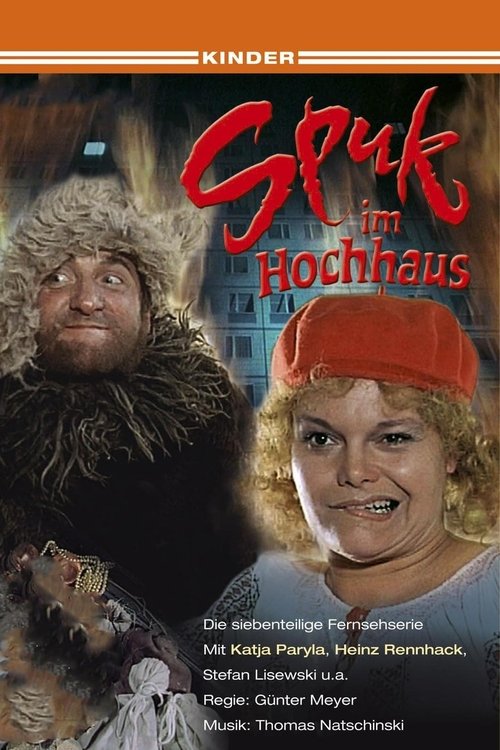 Spuk im Hochhaus (1982)6.8
Spuk im Hochhaus (1982)6.8200 years ago, innkeepers Jette and August Deibelschmidt led a rapacious life. Out of greed, they repeatedly got their guests drunk in order to steal from them. When police commissioner Friedrich Wilhelm Licht tried to put them out of action, the house caught fire and all three died. In his last words, he curses the pair of thieves, saying that they will not find peace until they have done seven good deeds after 200 years.
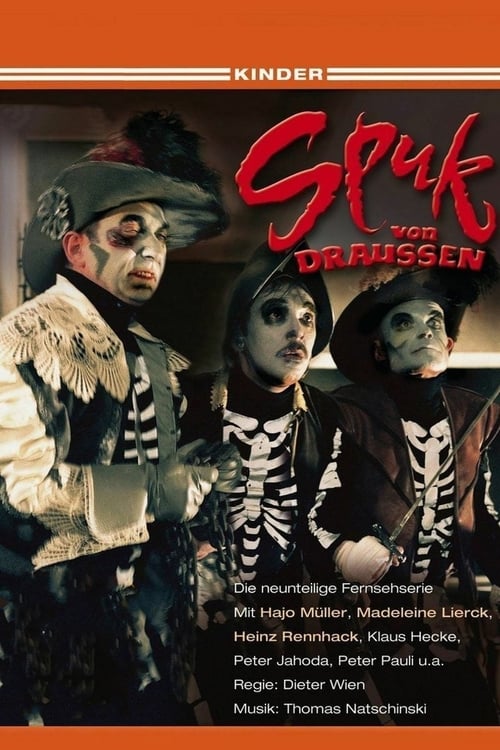 Ghosts from Outside (1987)6.4
Ghosts from Outside (1987)6.4An adventures of a Berlin family spending summer in haunted house.
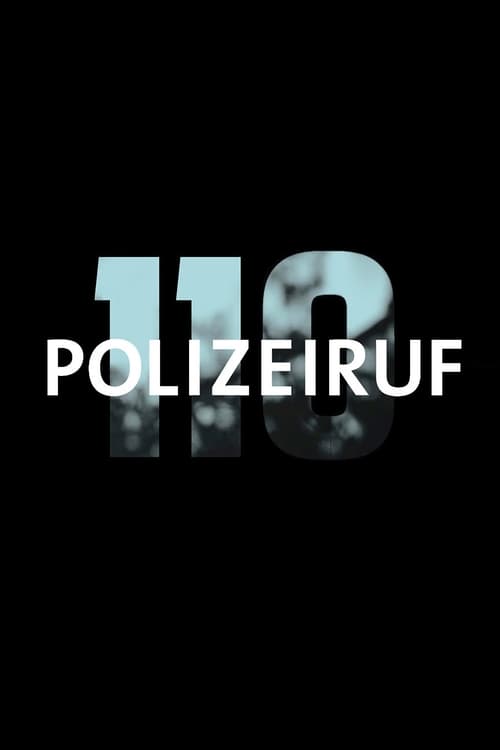 Polizeiruf 110 (1971)6.3
Polizeiruf 110 (1971)6.3Polizeiruf 110 is a long-running German language detective television series. The first episode was broadcast 27 June 1971 in the German Democratic Republic, and after the dissolution of Fernsehen der DDR the series was picked up by ARD. It was originally created as a counterpart to the West German series Tatort, and quickly became a public favorite.
 Sachsens Glanz und Preußens Gloria (1987)6.0
Sachsens Glanz und Preußens Gloria (1987)6.0Love, intrigue, favouritism and corruption at the Dresdner Hof.
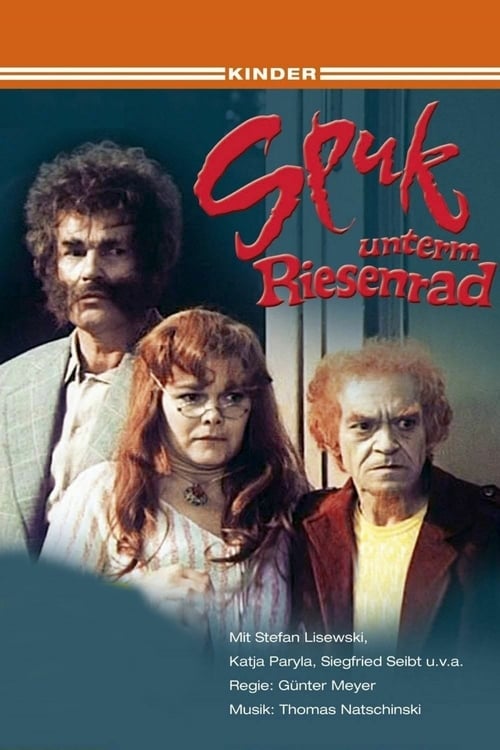 Ghosts under the Ferris Wheel (1979)5.6
Ghosts under the Ferris Wheel (1979)5.6Two kids suddenly call three very enchanted persons to reality while spending summer in their grandma's village.
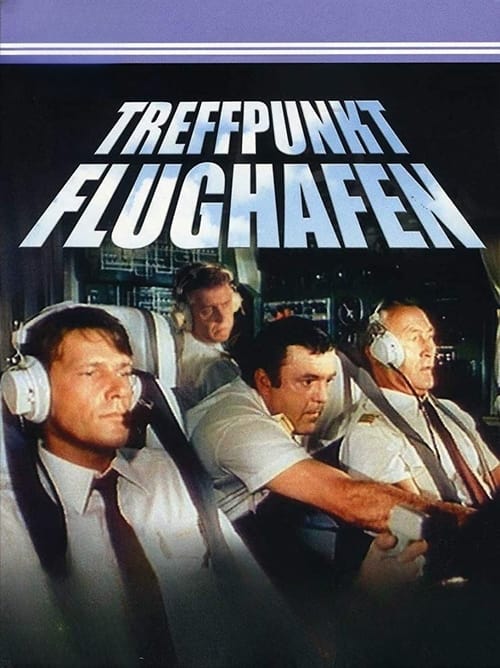 Treffpunkt Flughafen (1986)5.0
Treffpunkt Flughafen (1986)5.0Treffpunkt Flughafen is an East-German television series produced by the DEFA-Studio für Spielfilme on behalf of Fernsehen der DDR in 1985/86. The show follows the life and adventures of the crew of a IL-62 operated by the East-German airline Interflug. Filming locations were East Germany, Vietnam, Angola and Cuba among others.
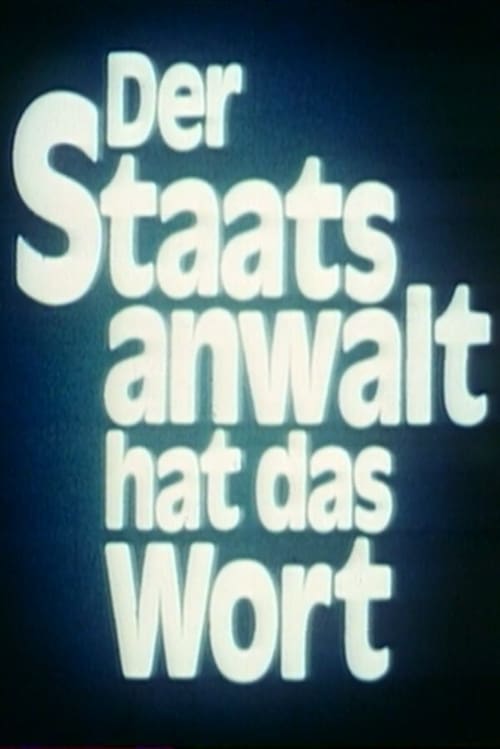 Der Staatsanwalt hat das Wort (1965)2.8
Der Staatsanwalt hat das Wort (1965)2.8Der Staatsanwalt hat das Wort was an East German television series.
 Ein Kessel Buntes (1972)1.8
Ein Kessel Buntes (1972)1.8The show was meant to compete with those on West German television. To this end it was fairly successful even attracting a following in parts of West Germany which could receive Eastern TV. Its production values were high. Apart from song and dance numbers and appearances from East German celebrities, almost every broadcast featured well-known stars from the west, often after their popularity had peaked in their home countries.
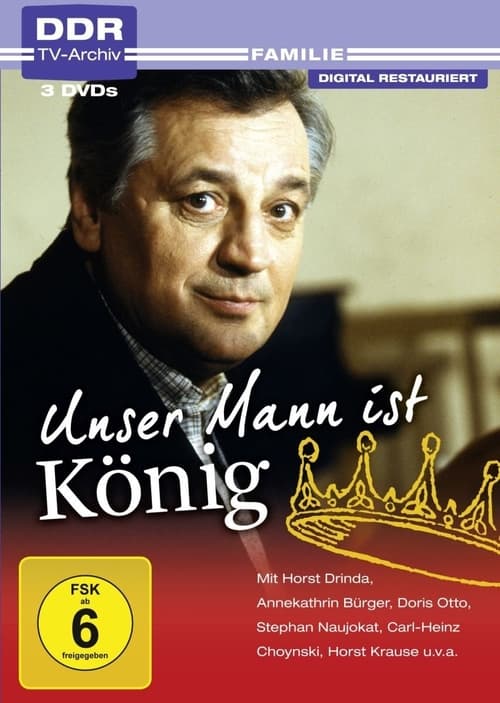 Unser Mann ist König (1980)1.0
Unser Mann ist König (1980)1.0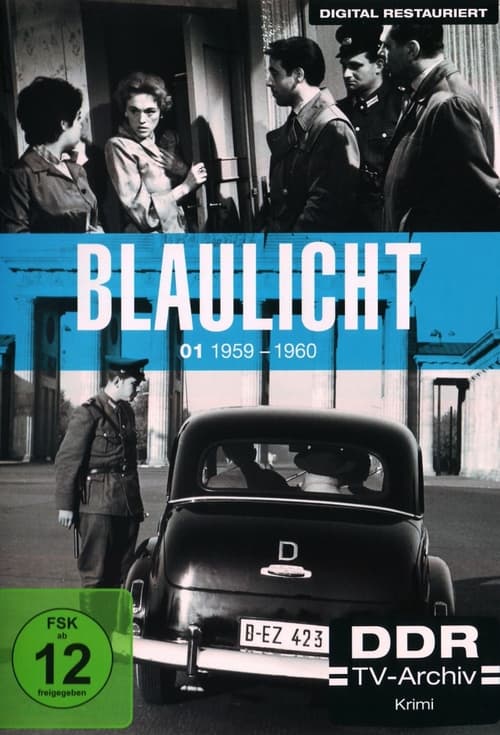 Blaulicht (1959)N/A
Blaulicht (1959)N/ABlaulicht is a German crime television drama series, whose 29 episodes were based on crime case files.
 A, B oder C (1961)N/A
A, B oder C (1961)N/A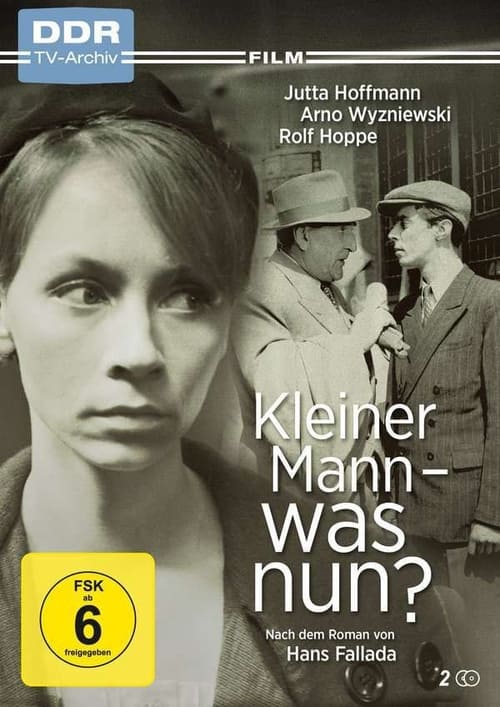 Kleiner Mann – was nun? (1967)N/A
Kleiner Mann – was nun? (1967)N/AThe love story of Emma and Johannes begins during the hard years of the Great Depression. Emma repeatedly tries to encourage her husband, who is suffering terribly from unemployment. However, the crisis continues to intensify and social disintegration affects millions.
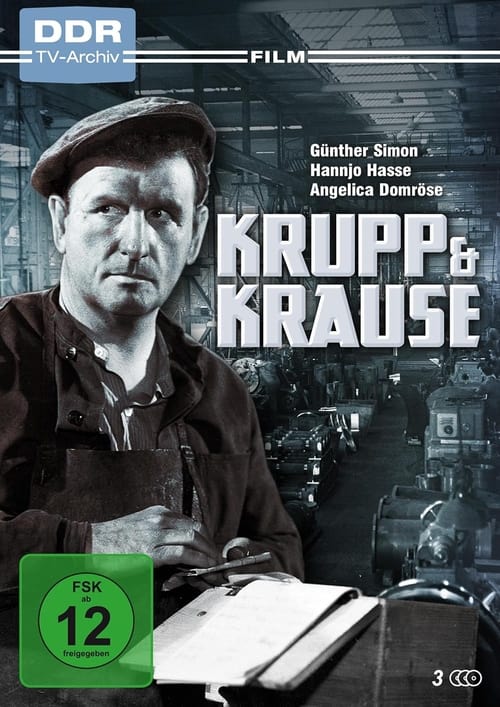 Krupp und Krause (1969)N/A
Krupp und Krause (1969)N/A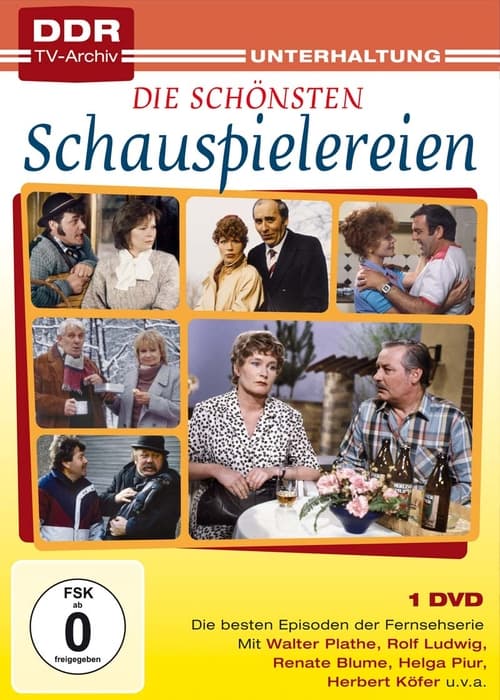 Schauspielereien (1978)N/A
Schauspielereien (1978)N/AThe film is set in the 1930s in Germany. Maria Rheine and Mark Löwenthal, two young actors working in a small theater, are in love with each other. Their love affair is interrupted by Nazi racial policies; Mark is no longer allowed to perform in German theaters because he is a Jew. In order to continue acting, he joins the newly formed Jewish Theater in Berlin. Maria, who is not Jewish, faces no restrictions on her career, and she becomes a successful actress at a big theater in Munich. But her love for Mark eventually leads her to decide to sacrifice both career and security to remain close to him. She fakes a suicide, assumes a Jewish identity and, as Manja Löwenthal, joins the Jewish Theater.
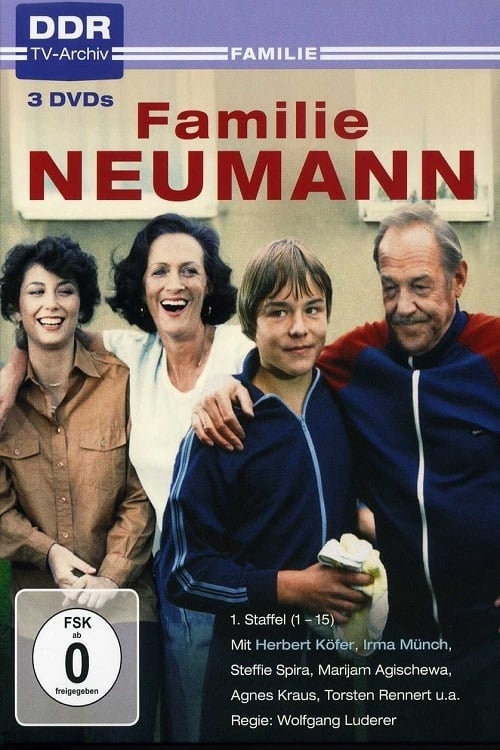
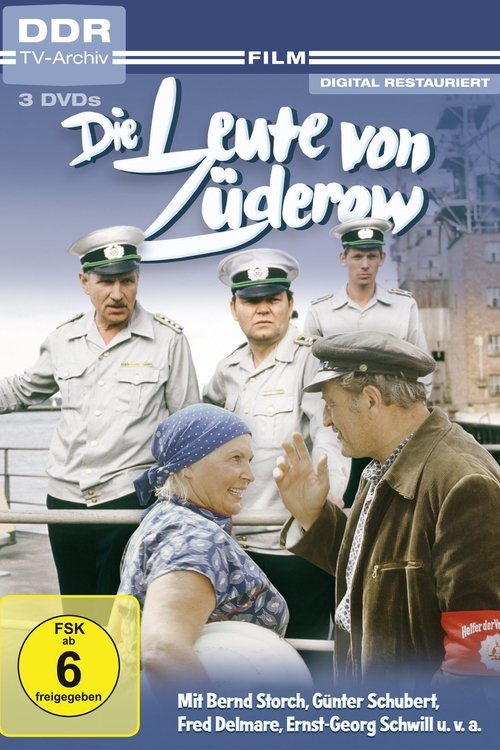 Die Leute von Züderow (1985)N/A
Die Leute von Züderow (1985)N/A